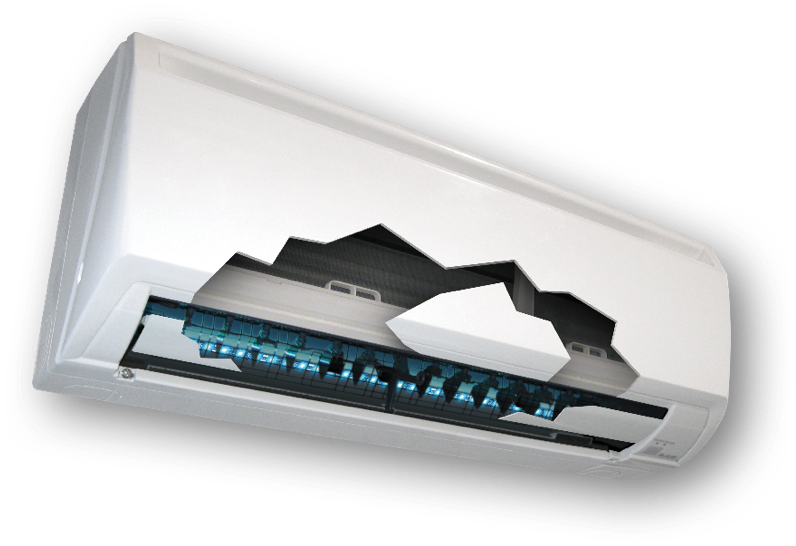We’ve religiously followed basic health protocols such as frequent hand-washing, masking and physical distancing, and, for the most part, they seem to be working. But what to do with the indoor air we breathe in, especially in public places like offices, restaurants, hotels and shops, which are slowly coming back to life, as we all come out of isolation and brave the new normal? This company, an exclusive Philippine distributor of a host of American-made disinfecting products, may have the answer.
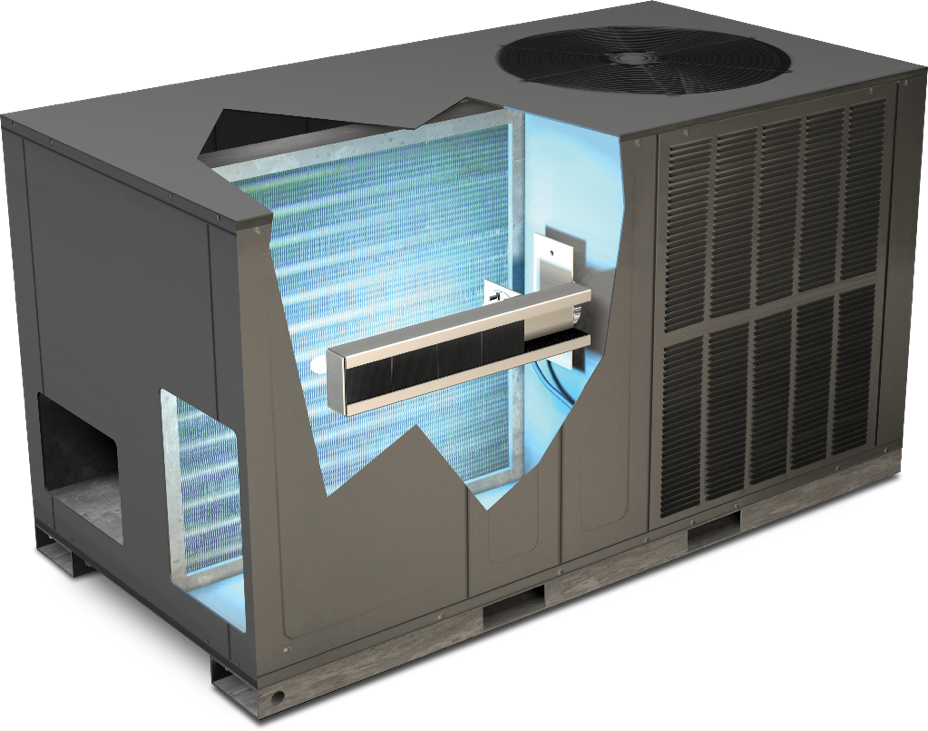
And by disinfecting, we don’t simply mean sprays, rubbing alcohols and bleach, but technology powered by electricity and attached either to your air-conditioner or built in with your electric fan, which is designed to zap all sorts of microscopic germs, including, if the company’s claims are true, the novel coronavirus floating freely within confined indoor spaces.
Architect and entrepreneur Liza Morales, chief executive officer of Philippines GeoGreen Inc., the country’s leading provider of environment-friendly products, is always looking for ways and opportunities to promote a safer, healthier and cleaner world.
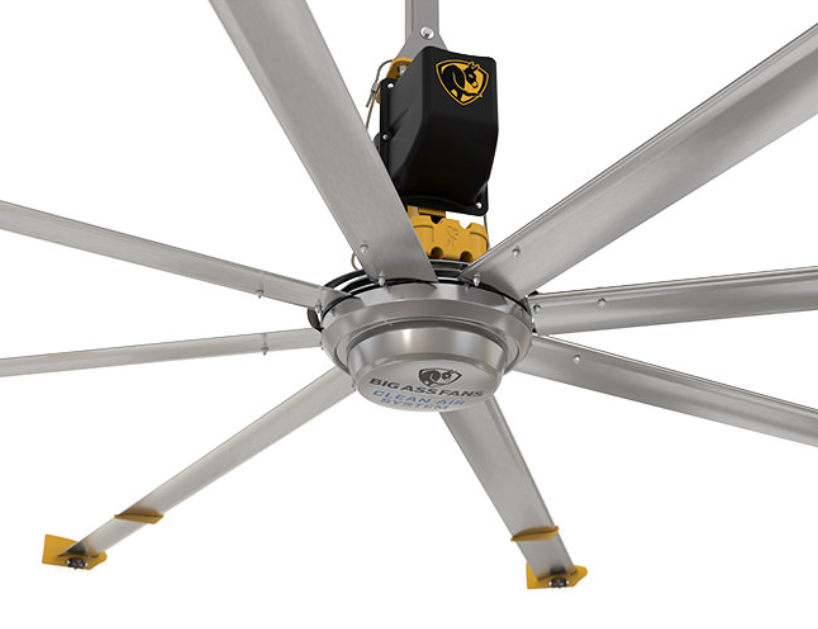
Morales recently formed GeoClean, a business arm of Philippine GeoGreen Inc. that provides smart solutions to businesses and households to allow them to cope with COVID-19 pandemic and other infectious diseases that undermine productivity and the broader economy.
“The mission of GeoClean is to provide cutting-edge technology for the new normal,” said Morales. “GeoClean aims to provide high-class disinfection technology that offers Filipinos innovative solutions that will help ease their woes as we face the pandemic as a community.”
GeoClean currently offers products certified by the US Environmental Protection Agency, UL Standards and other internationally recognized product standards such as Freshaire UVC and Big Ass Fans Clean Air technologies. According to research, these products help reduce the presence of SARS Cov2, the coronavirus strain that causes COVID-19, by as much as 99 percent.

Morales said FreshAire UVC products have disinfection capability that work well with existing heating, ventilation and air conditioning systems. Big Ass Fans, on the other hand, now comes with models that have built-in mechanisms providing not only ventilation, but also ultraviolet light and needlepoint ionization disinfection systems.
“We have an exciting array of products in the pipeline, extremely diverse, yet complementary to each other. One thing they do have in common is that these products will help with achieving our company’s vision of making everyone feel much safer,” Morales said.
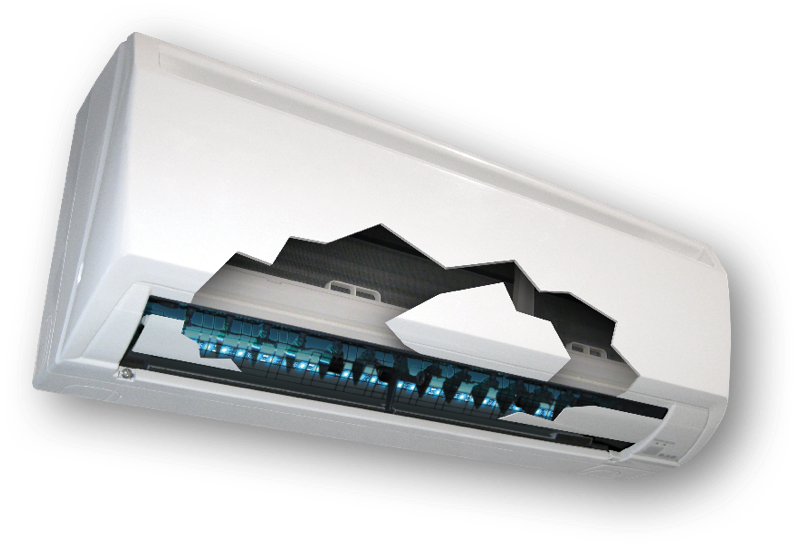
The COVID-19 pandemic has already claimed the lives of over 6,000 Filipinos, infected nearly 400,000 people, disrupted many businesses and industries, and caused untold millions to lose their jobs. The health crisis nudged the Philippine economy into recession in the second quarter, as the government imposed strict community quarantine to control the spread of the infectious disease.
As the government gradually reopens the economy, Morales said smart and cost-effective solutions offered by GeoClean provide businesses with a distinct advantage not only for the safety of their customers, but also for their personnel.
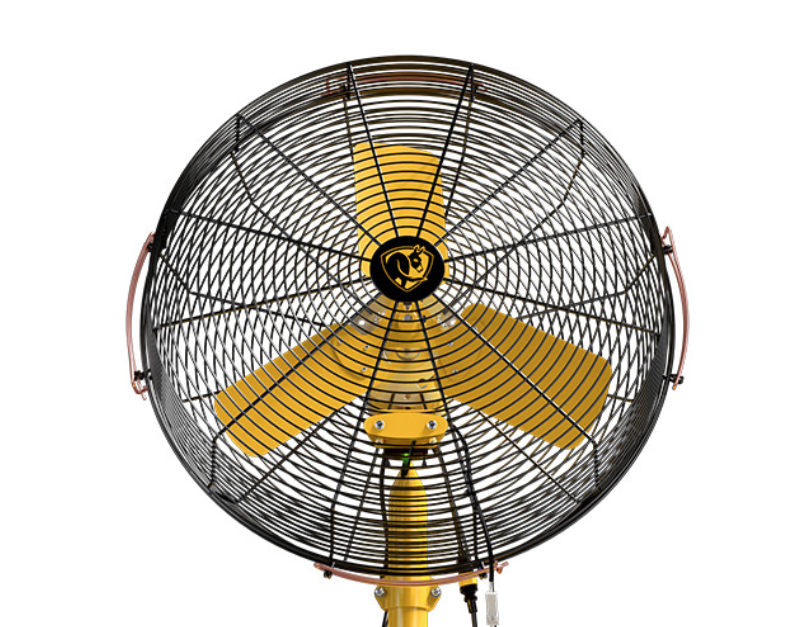
Like products sold by Philippine GeoGreen Inc., disinfection systems offered by GeoClean for hotels, homes, sports complexes, shopping malls, restaurants, offices, industrial facilities and others pay for themselves in as short as one year, as they reduce the cost of maintaining air conditioning systems and bring down energy cost due to improved efficiency.
Morales said the potential market in the Philippines for GeoClean, especially amid the COVID-19 pandemic and after, is enormous.
“There are roughly 54 million square meters of shopping mall, office, sports complex, hotel and resort spaces which are verticals that would benefit from the disinfection technologies we offer,” Morales said.
These office and commercial spaces represent jobs that could fire up the Philippine economy that the World Bank now expects will contract by nearly seven percent from last year, worse than the five-and-one half percent decline projected by the government.

